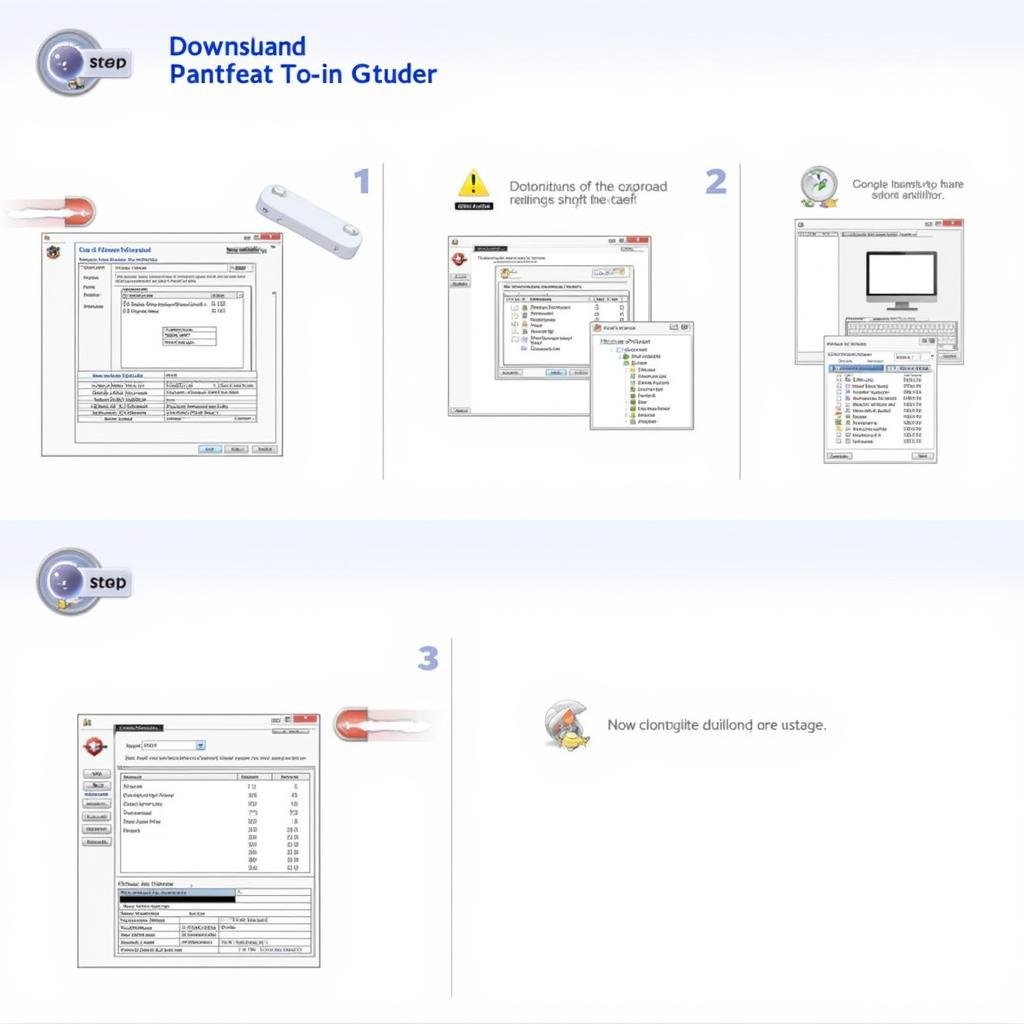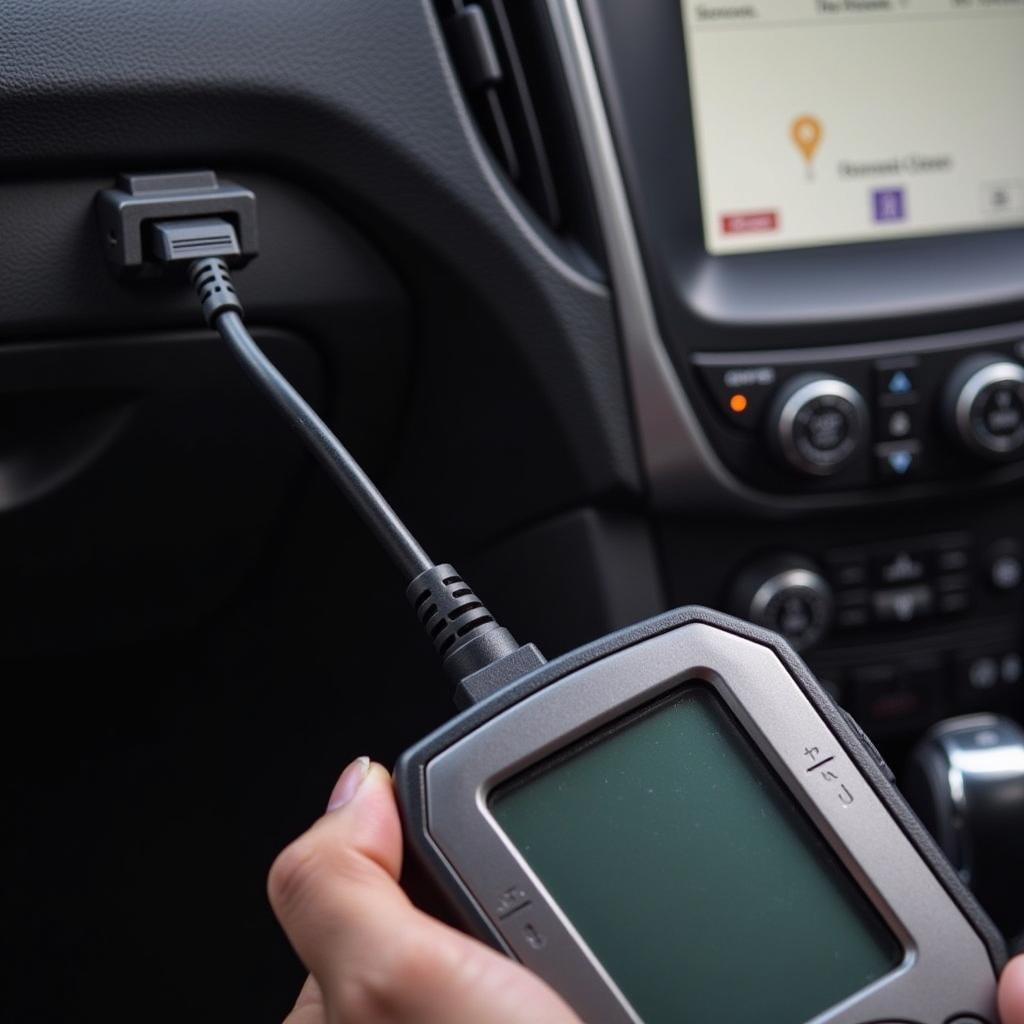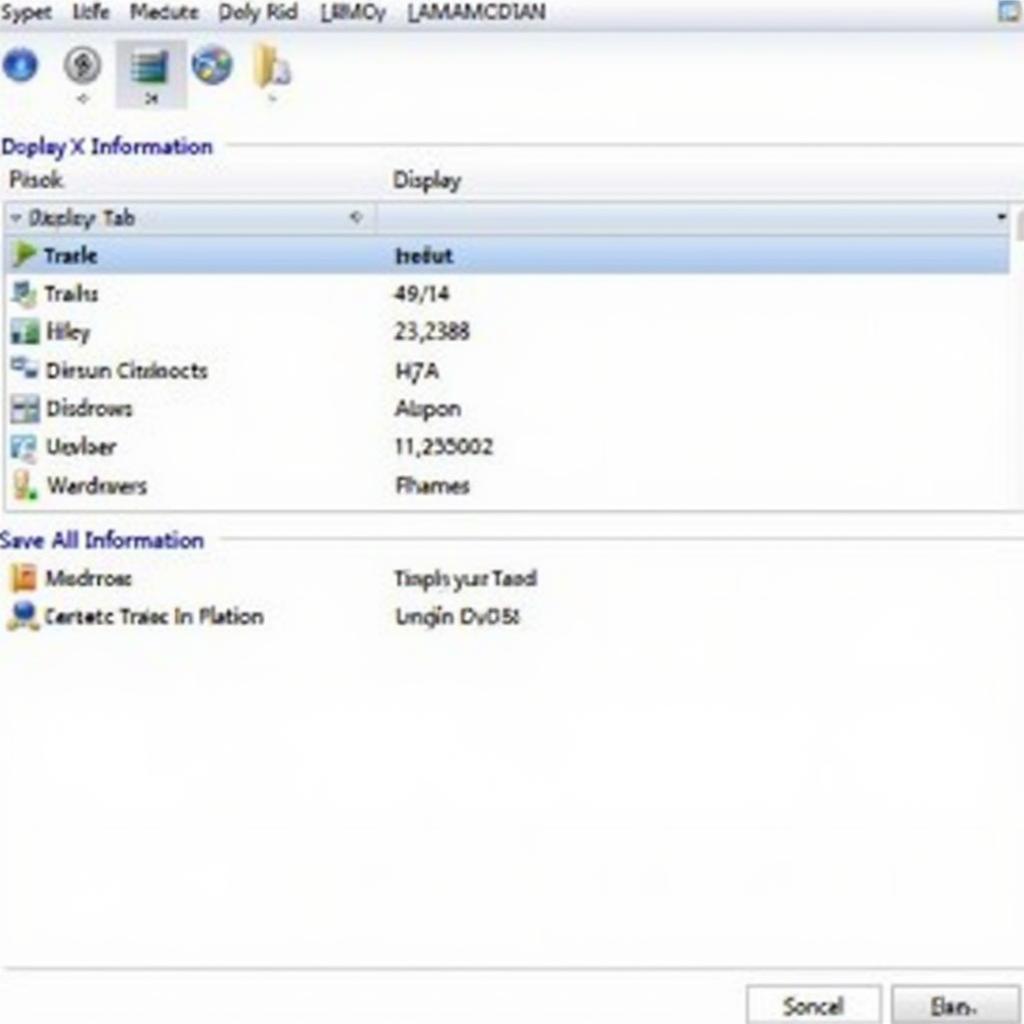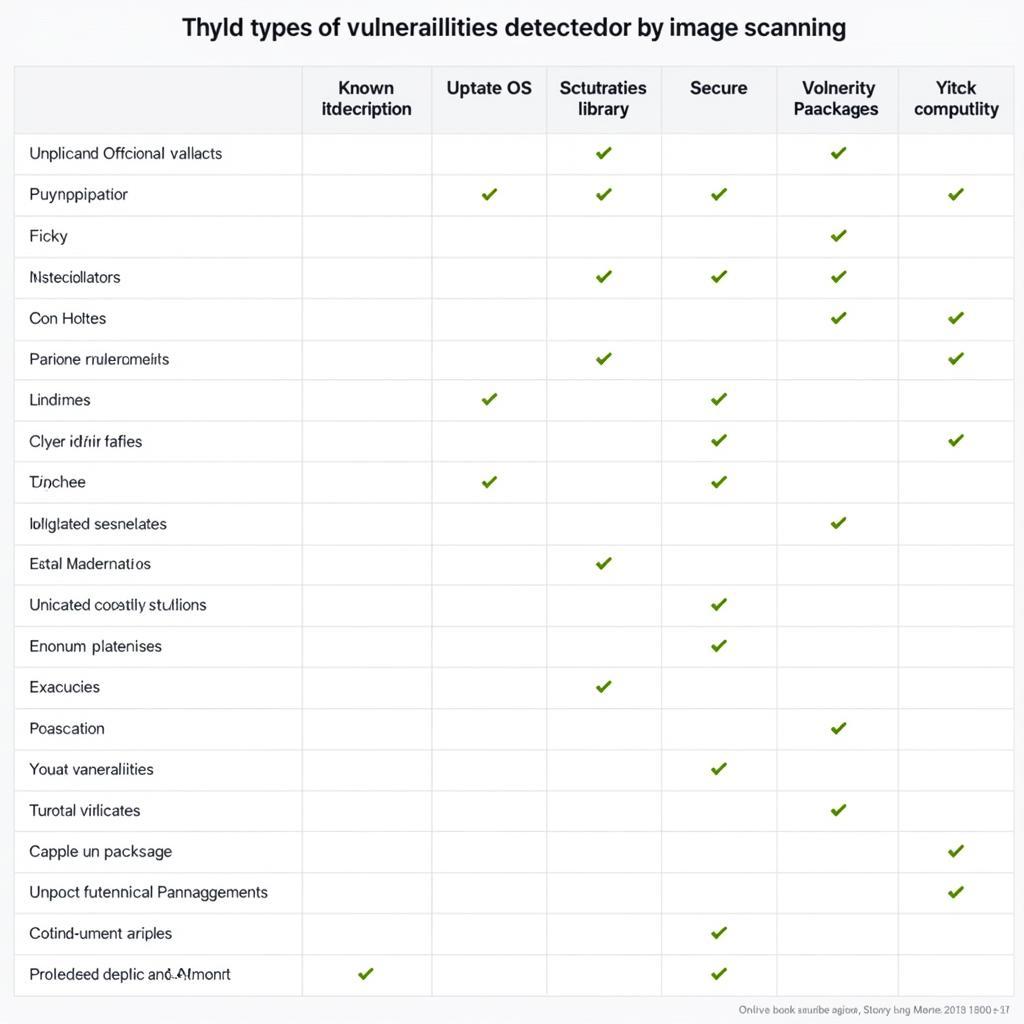In the ever-evolving automotive landscape, car scanners, also known as automotive scan tools, have become indispensable for car owners, repair shops, and technicians alike. No longer just a tool for professionals, the Best Car Scanner empowers you to diagnose and potentially fix car problems, saving time and money.
Why Do I Need a Car Scanner?
Modern vehicles are complex machines with intricate electronic systems. A car scanner acts as your window into these systems, allowing you to:
- Read and understand Diagnostic Trouble Codes (DTCs): When your car’s “check engine” light illuminates, it’s signaling a potential problem. A car scanner can retrieve and decipher these codes, providing insights into the issue’s nature and location.
- Monitor real-time engine data: Access crucial information like engine RPM, coolant temperature, oxygen sensor readings, and more, enabling you to monitor your car’s health proactively.
- Perform specific functions: Depending on the car scanner model, you might be able to reset service lights, activate components for testing, and even reprogram certain modules.
Types of Car Scanners: Finding Your Perfect Match
Navigating the world of car scanners can feel overwhelming with the array of options. Here’s a breakdown of the most common types:
1. Code Readers: Entry-level scanners that primarily focus on retrieving and clearing DTCs.
- Pros: Affordable, easy to use, suitable for basic diagnostics.
- Cons: Limited functionality, might not provide in-depth data.
2. OBD2 Scanners: Connect to your car’s OBD-II port, offering more advanced features than basic code readers.
- Pros: Wider range of functions, often include live data streaming, some models offer manufacturer-specific code definitions.
- Cons: Functionality can vary greatly between models, might not be compatible with older vehicles.
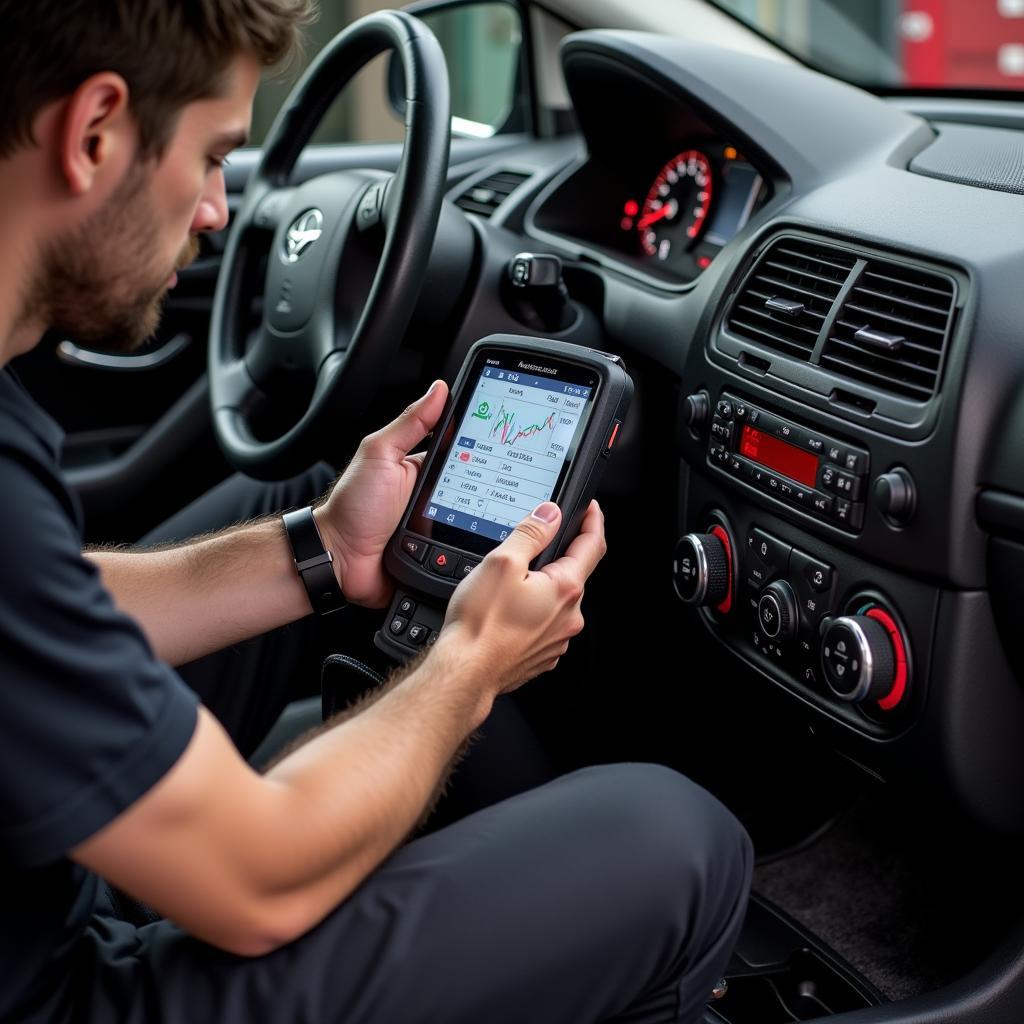 Mechanic Using OBD2 Scanner
Mechanic Using OBD2 Scanner
3. Professional-Grade Scanners: Comprehensive tools used by mechanics and experienced DIYers.
- Pros: Extensive diagnostic capabilities, bi-directional control (allows interaction with vehicle systems), access to manufacturer-specific information, often come with software for updates and advanced features.
- Cons: Significant investment, require a higher level of technical expertise.
Factors to Consider Before Buying a Car Scanner
- Your Budget: Prices range from affordable code readers to high-end professional scanners.
- Your Car’s Make and Model: Some scanners are tailored for specific manufacturers, providing more detailed information.
- Your Skill Level: Basic users might find code readers sufficient, while advanced users may require the comprehensive features of professional-grade scanners.
- Desired Features: Consider features like live data streaming, bi-directional control, and manufacturer-specific code definitions based on your needs.
Understanding OBD-II & Its Importance
The On-Board Diagnostics II (OBD-II) port is a standardized interface found in most cars manufactured after 1996. It allows car scanners to communicate with your vehicle’s computer and access diagnostic information.
- Location: Typically located under the dashboard on the driver’s side.
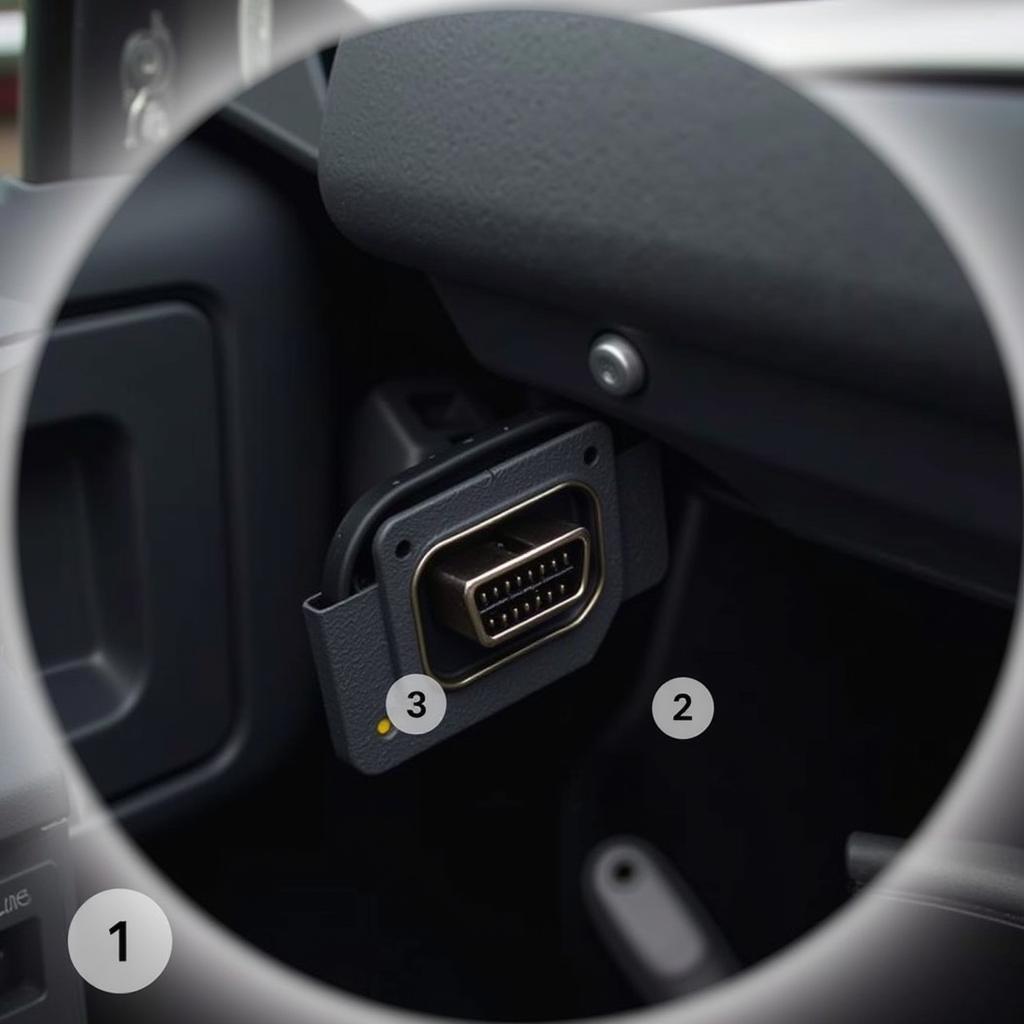 Location of OBD-II Port in a Car
Location of OBD-II Port in a Car
Tips for Using Your Car Scanner Effectively
- Read the manual: Familiarize yourself with your specific car scanner’s features and functionality.
- Start with a clear DTC log: Clear any existing codes before diagnosing a new issue to avoid confusion.
- Research codes thoroughly: Use online resources and forums to understand the meaning and potential causes of each DTC.
- Use caution with bi-directional control: Incorrectly using this feature can potentially damage your car’s systems.
Car Scanners: Empowering You on the Road
“Investing in a good car scanner is like having a mechanic in your pocket,” says John Smith, a veteran mechanic with over 20 years of experience. “It’s not just about diagnosing problems, but also about understanding how your car works and catching potential issues early on.”
Choosing the best car scanner depends on your individual needs and budget. Whether you’re a car enthusiast looking to delve deeper into your vehicle’s inner workings or a car owner wanting to take control of basic diagnostics, there’s a car scanner out there to empower you on the road.
For expert advice on selecting the right car scanner for your needs, contact CARW Workshop at +1 (641) 206-8880 or visit our office at 4 Villa Wy, Shoshoni, Wyoming, United States.



